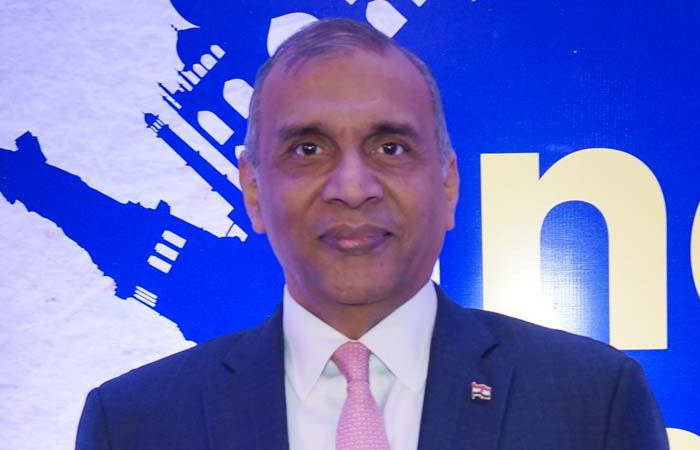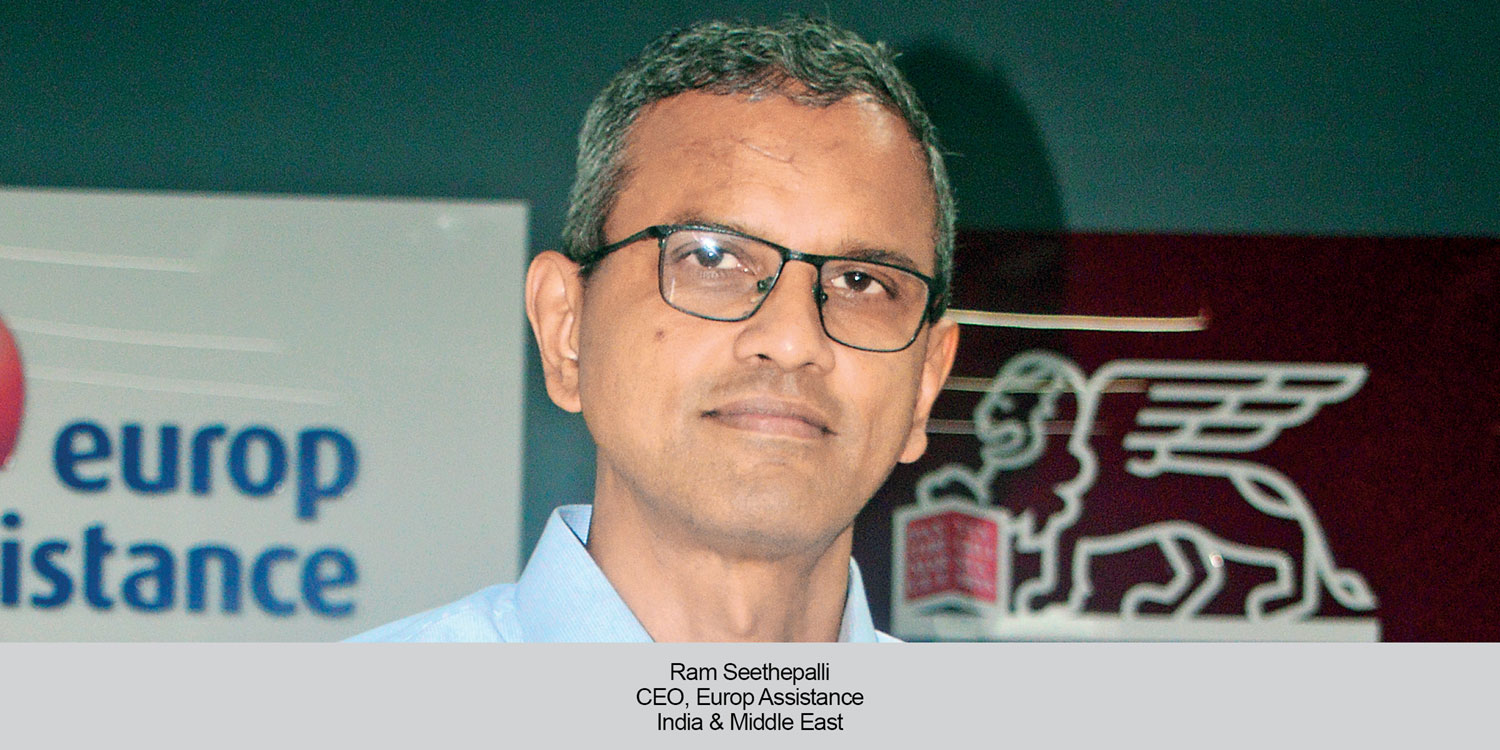By acquiring a significant part of Kuoni’s global Destination Management Services network, Thomas Cook has broadened the base of its risks. It will no longer be completely dependent on India-centric business.
HAZEL JAIN
With the acquisition of a significant part of Kuoni’s global Destination Management Services (DMSs) network, reportedly at `125 crore, Thomas Cook India Group will now be able to offer seamless delivery to the group and its B2B and B2C customers across 21 countries.
With this, Madhavan Menon, Chairman & Managing Director, Thomas Cook India Group, says, “We went ahead with this because we realise that being present in Asia was an important element of our strategy, especially in the inbound business in Asia, as it caters to traffic coming from the US and Europe. This is a niche market that affords better margins, and these are countries that require assistance when their people travel,” he explains.
By doing this, Thomas Cook has effectively created a global footprint for itself. It allows it to diversify the base of its business as well as its risks out of India. “We are no longer dependent on India-centric business. We are now building businesses in other geographies and can offer end-to-end service to business travellers and corporates in these destinations. In the home countries of these DMSs, we can benefit from the relationships they have with the local hotels and transport providers,” Menon adds.
These businesses will generate negative working capital for the company as they will generate cash from day one. “So it has come at an attractive valuation. We will be cross-promoting these businesses. But they require sales force and our intent is to create a common sales force wherever possible,” Menon further says.
What the deal entails
This transaction will allow the management of these DMSs to operate on their own. “We will allow the in-house management in each of these companies to run their businesses as they deem fit. We will support them and help them in making decisions that both sides believe will help the business. All the businesses are profitable. There are synergy benefits that will come out of it, both in the inbound as well as outbound business,” Menon says.
There will be a shareholder-subsidiary relationship between Thomas Cook India and the five companies. Each of these companies will have either a board with independent directors or an executive board which Thomas Cook India will also participate in. There will be active interaction but it will be limited to providing support since each of these companies will have their own priorities. The human capital acquired with this deal is about 1200- 1400 people.
Look East
When Thomas Cook India acquired Kuoni Hong Kong, it realised the opportunities that Asia provided. Menon adds, “The more we looked at all the Asian countries, the stronger we felt about its potential. We were on the lookout for a business but we didn’t think it would be Asian Trails. Long-haul travel will soon re-emerge and my estimate is that Asia will be a major beneficiary of this. The bulk of that travel will happen in Asia. Secondly, the hotel and road infrastructure in South East Asia is outstanding. So it makes complete sense. Myanmar, Cambodia, Laos, Vietnam are all emerging destinations.”
 TravTalk India Online Magazine
TravTalk India Online Magazine





